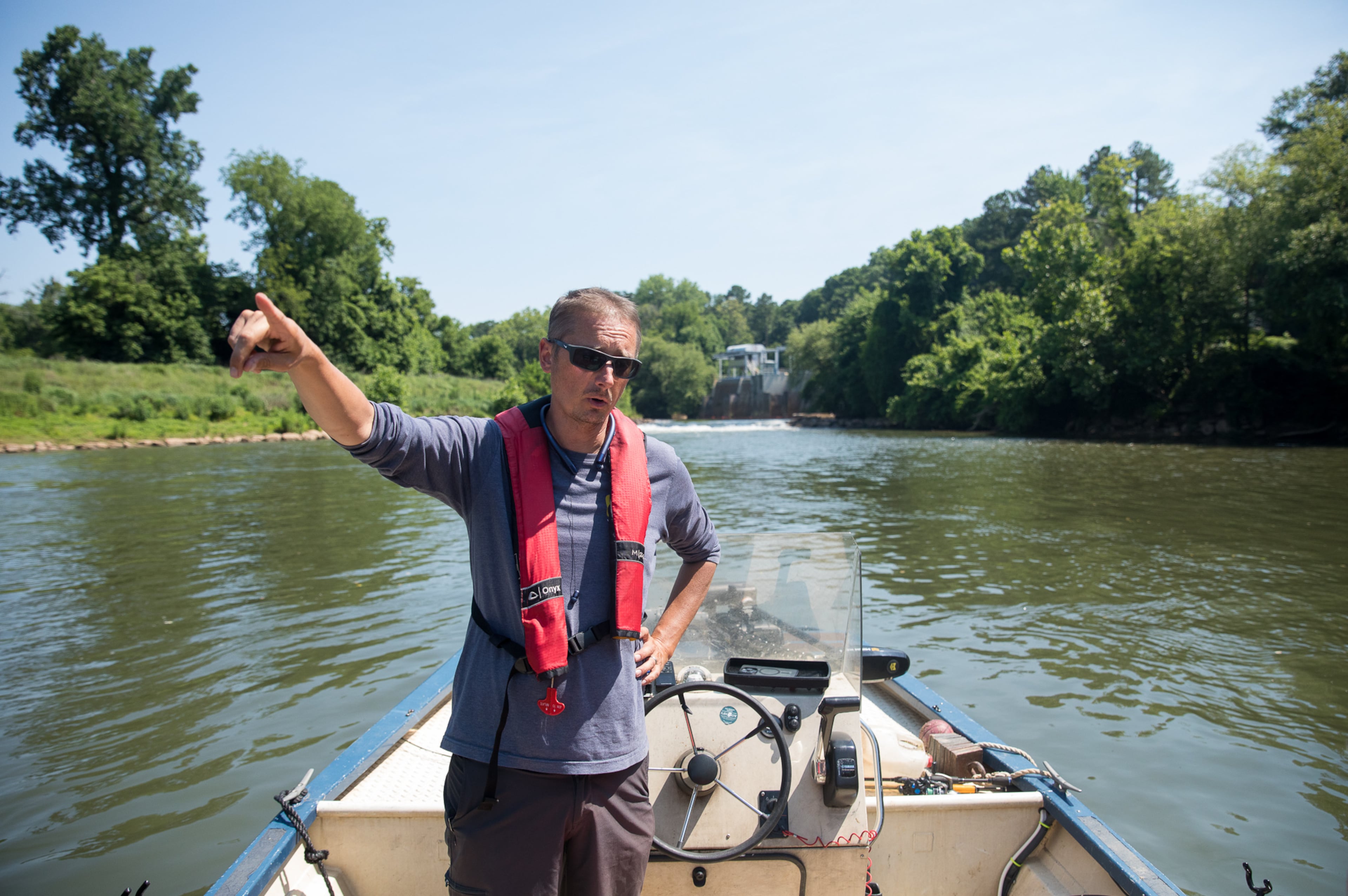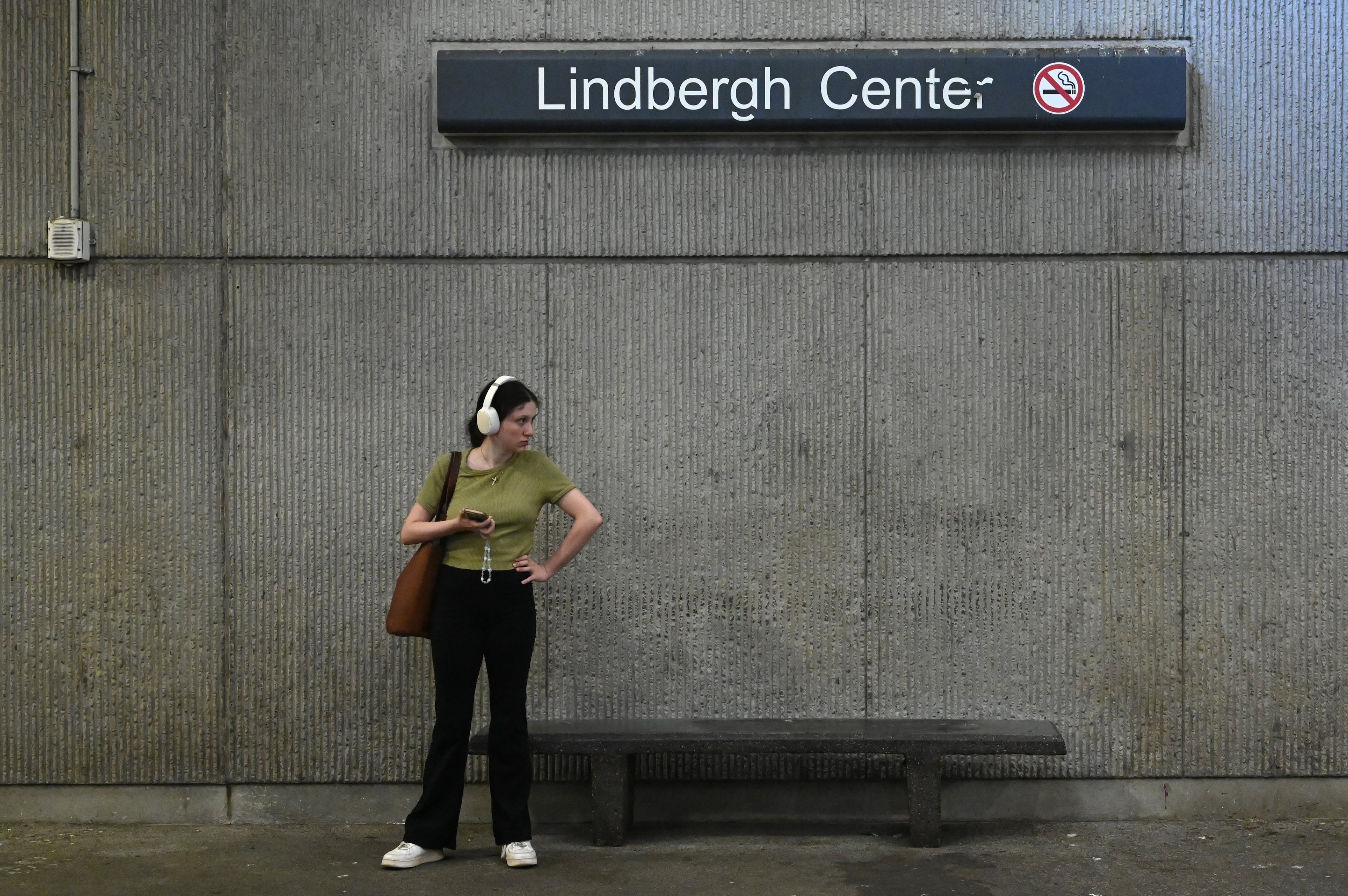Hurricane Helene is a threat like few others Georgia has faced

For the latest updates on Hurricane Helene, follow AJC’s live coverage and hour-by-hour forecasts.
The state of Georgia has been lashed by its share of tropical storms over the years.
In 2018, Hurricane Michael’s ferocious winds tore across a wide swath of southwest Georgia, leaving rural communities facing a yearslong recovery. Then last year, Hurricane Idalia devastated the state’s cotton and pecan crops. Only weeks ago, the deluge that Hurricane Debby dropped on the Georgia coast left entire neighborhoods underwater.
But experts say Hurricane Helene, which is expected to strike Georgia on Thursday night and into Friday morning, poses threats that few Georgians — particularly around metro Atlanta — have faced before.

The storm is huge. It’s fast moving. And coming on top of recent rains, it could bring “life-threatening” flooding to parts of the state, federal forecasters say. Millions, meanwhile, are likely to see winds of at least tropical-storm force, even hundreds of miles from shore.
On Thursday afternoon, Helene’s maximum sustained winds had increased to nearly 120 mph, making the storm a dangerous Category 3 hurricane. As it moves over exceptionally warm waters in the Gulf of Mexico — made even hotter by human-caused climate change — forecasters say the storm could grow even stronger before it makes landfall late Thursday somewhere between Florida’s Panhandle and its Big Bend region.
Here’s what makes Helene an exceptionally dangerous storm.
It’s moving fast
After Helene makes landfall in Florida, it’s expected to push into South Georgia. But Helene’s relatively quick forward motion means it’s not likely to weaken as quickly over land as past storms.
That means it will still be packing tropical storm-force winds — with even more powerful gusts possible — when it moves past Atlanta.
Ryan Willis, a meteorologist with the National Weather Service in Peachtree City, said Atlantans can expect to feel winds of 40 to 50 mph, with even stronger gusts possible to the east of the storm’s center.
“With that kind of wind, we’re going to see quite a few trees and power lines down across the area,” he said.
That the strongest winds will arrive overnight only adds to the danger. Willis said he expects the most powerful gusts to begin around 1 a.m. or 2 a.m. Friday and continue until the early morning hours.
It’s huge
Hurricanes are the largest storms on the planet, but Helene stands out even among the giants.
The National Oceanic and Atmospheric Administration said Thursday that Helene’s wind field is expected to extend 345 miles from its center. That’s farther than the distance from Atlanta to Savannah and means areas far from the eye will still face damaging winds. Helene’s rain bands will stretch even farther from the center.
An analysis of U.S. Census and National Hurricane Center data by The Atlanta Journal-Constitution found nearly 3.5 million Georgians will likely experience tropical storm force-winds of 39 mph or greater.
The ground is already soaked
Soils in North Georgia had been parched by drought for weeks before a cold front Wednesday brought several inches of rain to the area.
Willis said parts of metro Atlanta had already received between 2 and 5 inches of rain as of Thursday afternoon.
While plants needed the moisture badly, the saturated soils could be unable to absorb much of the 4 to 6 inches of additional rain Helene is projected to dump on the region. That could raise the risk of flooding, especially in places like Atlanta with lots of impermeable buildings and roads.
And the flood risk may not end right after the storm moves out of the area.
Willis said it will take days for all the rain to work its way down the region’s rivers and streams to the coast, so residents living near water bodies should be on alert for flooding.
Power outages, water problems
Kim Greene, the president and CEO of Georgia Power — the state’s largest electric utility — warned Thursday that Georgians should “prepare for the potential of power outages that could last multiple days due to the size and extensive reach of this storm.”
“Helene is a very large storm, moving into South Georgia with very little time to substantially weaken, and we expect the high winds and heavy rain to cause significant damage in many of our communities,” Greene said in a statement.
Iris Tien, a professor of civil and environmental engineering at Georgia Tech, said those power outages could cascade and hit other critical services, like water systems.
“We’ve seen in systems that we’ve studied that many times, any outages in the water system aren’t actually due to water system outages themselves, but actually due to power outages at the substations that support them,” Tien said. “Even drinking water, which clearly is a critical resource and asset for everyone, is potentially at risk.”
— AJC contributor Meris Lutz and staff writer Charles Minshew contributed to this story.
A note of disclosure
This coverage is supported by a partnership with Green South Foundation and Journalism Funding Partners. You can learn more and support our climate reporting by donating at ajc.com/donate/climate.






